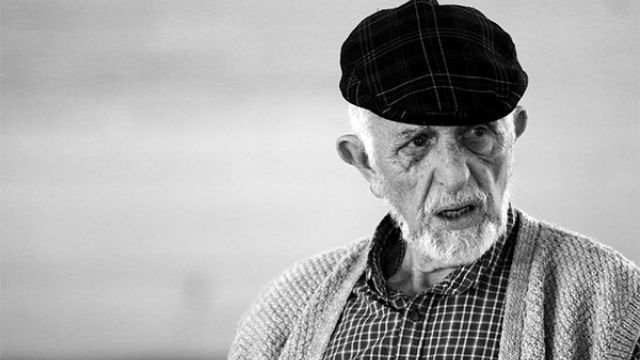The Father
IT IS A very brave move for an amateur company to tackle an intense play of this nature, but thanks to an excellent play and a strong central performance, by and large this production was reasonably successful.
An intense, honest and at times darkly funny study of the predicament of dementia, the play has had an interesting genesis. French playwright Florian Zeller earned the Molière Award for Best Play in 2014 and English playwright Christopher Hampton (best known for his superb translation of Les Liaisons dangereuses) tackled the English translation which has played to accolades on both sides of the Atlantic as well as outstanding productions in South Africa and Australia (with John Bell). Zeller is shortly to direct an English language film of the play with American actor Frank Langella who won a Tony for the role on Broadway. British actor Kenneth Cranham was similarly awarded with an Olivier Award for the London production.
This single-act play details the gradual deterioration of an 80-year-old man who has dementia and is remarkable because of the manner in which the action is delivered. It is not a linear plot. Instead, it vacillates between reality and fantasy (or more correctly what is going on in the protaganist’s mind), done in such a way that the audience find it difficult to distinguish between the two. This is a splendid device as it gives insight into exactly what sufferers of this disease – which afflicts nearly more than 450,000 people in Australia today.
Central to this is the main character, Andre, played with considerable skill by veteran Townsville actor Alan Cooke. We witnessed a journey into the depths of this awful disease, about which society is becoming increasingly aware but sadly knows little about. We see him at the beginning demonstrating minor confusion, misplacing things, changing moods, and witness the gradual erosion of his social graces, rudeness and questionable manipulation as he is gripped with the malady.
From his early scenes of minor confusion through to his heartrending appeal for his mother, Cooke handled the role with obvious dedication and distinctive delicacy. While I had some difficulty with the haste of delivery with some of the more emotional scenes, Cooke was without doubt the powerful lynchpin of the production.
Matching him in intensity was Kath Hotschilt as his daughter Anne. Overcoming a questionable wardrobe choice, from the outset her performance demanded intense emotional and convincing commitment, and this she delivered this in spades.
Fortunately, Hothschilt played her in a matter of fact manner. Playing the character to elicit sympathy would have simply been the wrong choice in the context of the play. Although we completely understand her dilemma in dealing with her increasingly difficult father, we don’t necessarily empathise with her as a person. Effectively, this character represents all families who have to cope with the harsh daily reality of dealing with this cruel disease and how it affects the ones around them, complete with the challenging decisions that have to be made.
Director Donna Clayton-Smith delivered a competent production of an excellent play, but clearly the star of the production was the trust that has so obviously developed in the working partnership between her and leading man Cooke. It was this that enabled the play to reach the levels that it managed to achieve.
Trevor Keeling
Photographer: Gary Harvey
Subscribe to our E-Newsletter, buy our latest print edition or find a Performing Arts book at Book Nook.

